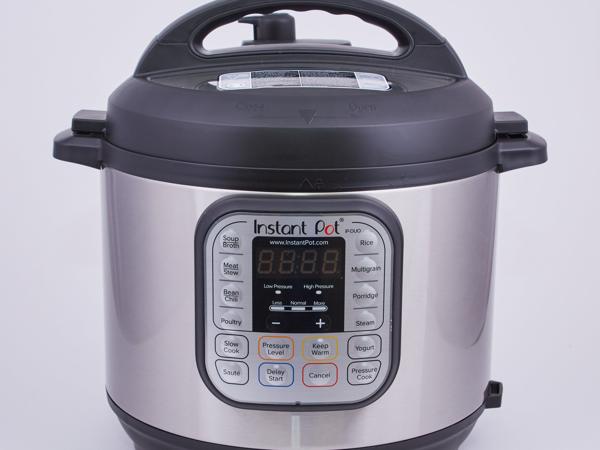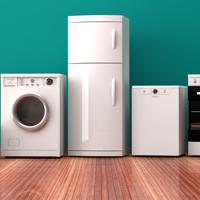In recent years, the realm of home appliances has experienced a subtle but significant transformation with the introduction of smart technologies. Laundry appliances, often seen as the workhorses of the household, are no exception to this trend. More and more manufacturers are weaving smart features into their washing machines and dryers, providing users with a blend of convenience and efficiency that seems to resonate with the modern lifestyle.
A New Era of Connectivity
The primary allure of smart laundry technologies lies in their connectivity. Wi-Fi enabled washers and dryers offer capabilities that were previously unthinkable. For instance, users can remotely control and monitor their appliances through dedicated smartphone apps. Brands like LG and Samsung have paved the way with their smart appliance lines, enabling users to start or stop cycles, receive notifications about cycle completions, and even troubleshoot issues from afar.
This connectivity isn't merely about convenience, though. It represents a step towards a more integrated and efficient home. Imagine being at the grocery store and realizing you forgot to start the laundry—you can simply activate your washing machine with a tap on your phone. Additionally, notifications about cycle completions can free you from having to check on your laundry constantly. It’s all about liberating one's time for more meaningful activities.
Intelligent Features Enhancing Efficiency
Smart laundry appliances come equipped with intelligent features that significantly enhance washing efficiency. Many modern machines, such as those in Whirlpool's smart range, employ technology to sense load sizes and soil levels to adjust water usage. This not only ensures optimal washing performance but also contributes to water conservation.
Furthermore, advanced sensors in smart dryers can detect moisture levels, adjusting drying times accordingly to prevent over-drying. Such nuanced functionality can prolong the life of your fabrics while also saving on energy bills. For example, the AquaStop technology found in Bosch’s smart washers exemplifies this dedication to efficiency and sustainability by preventing leaks and ensuring proper detergent use.
Maintenance and Troubleshooting Made Easier
One of the less glamorous but highly practical aspects of smart laundry technologies is their ability to facilitate easy maintenance and troubleshooting. Modern appliances often come with self-diagnosis features, where integrated systems can detect potential issues and alert users through their smartphones. This capability significantly reduces reliance on service calls and can sometimes resolve issues without outside intervention.
For instance, GE Appliances offers "Smart Diagnosis" as a feature in its smart laundry lineup, allowing users to hold their phone to the appliance to receive real-time feedback on potential issues. It offers peace of mind by catching small problems before they become bigger headaches.
Embracing AI and Machine Learning
The integration of AI and machine learning into laundry technology is an emerging trend. These systems analyze washing habits and preferences, slowly learning to optimize settings based on past use. Brands like LG, with their AI DD (Artificial Intelligence Direct Drive) technology, are at the forefront, providing smart washing machines that adjust wash motions, temperatures, and times to suit specific loads based on accumulated data. It's an endeavor to balance performance with garment care optimally.
Rethinking Laundry with Voice Control
Voice integration is another exciting frontier. Devices compatible with voice assistants such as Amazon Alexa, Google Assistant, and Apple's Siri provide hands-free control. Just a simple voice command can initiate laundry cycles or provide status updates, emphasizing a trend towards more adaptive and responsive household technology.
Conclusion
The rise of smart laundry technologies signifies a gradual shift towards more efficient, convenient, and connected home living. Yet, it is essential to approach these advancements thoughtfully. While these technologies offer tangible benefits like efficiency, convenience, and reduced resource consumption, thoughtful consideration should guide the integration of tech into our homes. Ultimately, the appeal of smart appliances like these resonates with their ability to subtly but genuinely enhance our daily living experiences.
The technology continues to evolve, opening doors to possibilities that reimagine the humble laundry routine into something intuitively integrated and future-ready. For those willing to adopt the change, a smart laundry may very well become a worthwhile addition to their smart home ecosystem.




